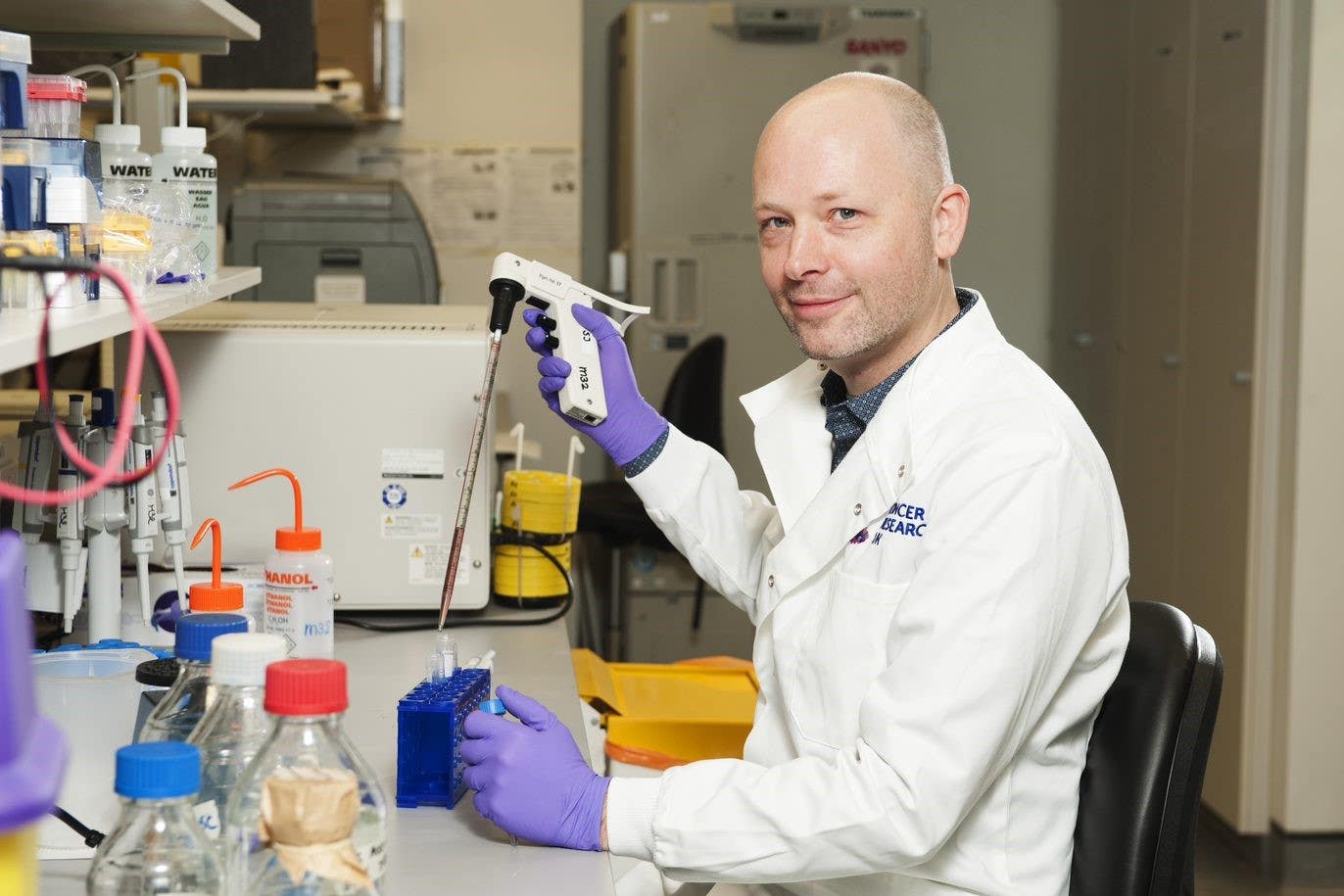Bowel cancer treatment breakthrough as scientists solve immune system mystery
Bowel cancer is the second most common cause of cancer death in the UK, with about 16,800 deaths in the country every year

Scientists are hopeful that a new method of treating bowel cancer can be found after their research solved a decades-long riddle of why the immune system of patients ignores the disease.
Researchers at the University of Glasgow and Cancer Research UK’s Beatson Institute have discovered how bowel cancer blinds the immune system so it cannot see the cancer and renders it unable to destroy it.
Dr Seth Coffelt, who led the research, said: “Normally, immune cells keep things as they should be, patrolling the bowel like security guards, tackling any harmful bacteria and keeping the gut healthy.
“However, when cells in the bowel become cancerous, they fire these ‘security guards’ and all the methods these immune cells use to talk to each other to co-ordinate an immune response no longer get produced.
“Cancer doesn’t want immune cells recognising them as a threat, so they manipulate the immune cells so they can’t see the threat and simply pass on by leaving the cancer to do its damage.”
Scientists have said the discovery, published in Cancer Immunology Research, a journal of the American Association for Cancer Research, opens the door to potentially reversing or preventing this process.
Our discovery means that if a way can be found to artificially engage the ‘blinded’ T cells with a drug so that the T cells can see the cancer again, we could find a new effective way to treat bowel cancer
It would allow the immune system to see the bowel cancer cells and stop them from growing and multiplying.
Bowel cancer is the second most common cause of cancer death in the UK, with about 16,800 deaths in the country every year – or 46 every day.
In Scotland, around 4,000 people are diagnosed with the disease every year.
As part of the work, the Glasgow-based researchers focused on a particular type of immune cell called gamma delta T cells.
Bowel cancer begins in the epithelial cells which line the bowel and these T cells patrol this area attacking any threats, such as damaged cells or small tumours, before they cause harm.
Scientists already knew that when bowel cancer is present, immune cells that can kill cancer do not often act against the bowel cancer, but they did not know why.
Using tissue samples from bowel cancer tumours donated by patients in Scotland, and other countries, scientists were able to identify the specific mechanism the cancer cells use to rewire the gamma delta T cells on a molecular level.
The team which made the discovery is now hopeful further research could offer treatments which could reverse that process.
Discovering how the cancer calls trick the immune system offers potential for new treatments which could reactivate these immune cells, researchers said.
Dr Coffelt said: “Our discovery means that if a way can be found to artificially engage the ‘blinded’ T cells with a drug so that the T cells can see the cancer again, we could find a new effective way to treat bowel cancer.”
The research also won funding from the Medical Research Council and the Wellcome Trust.



